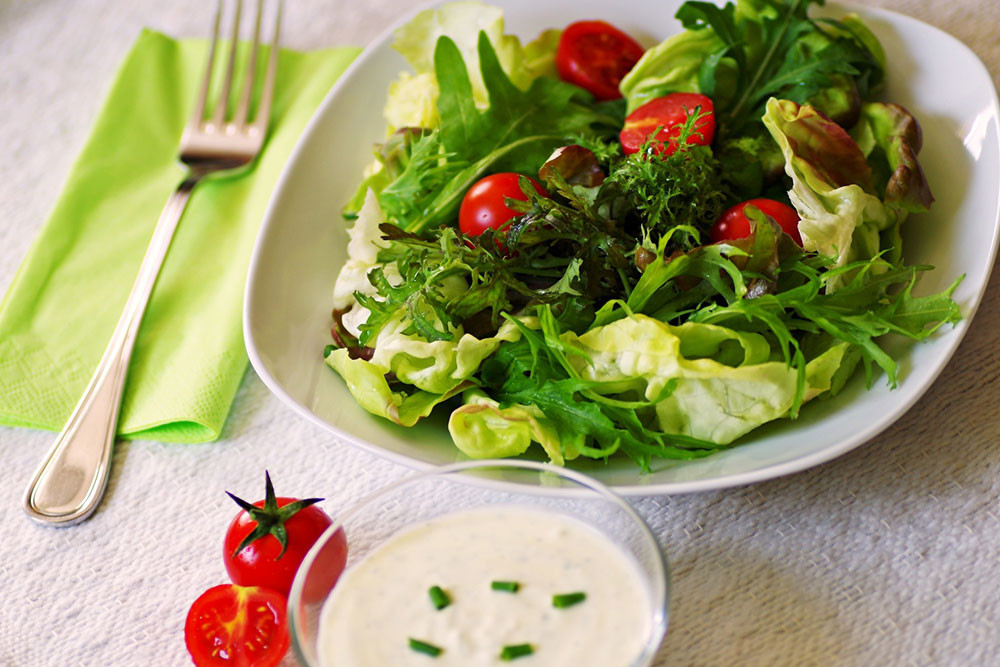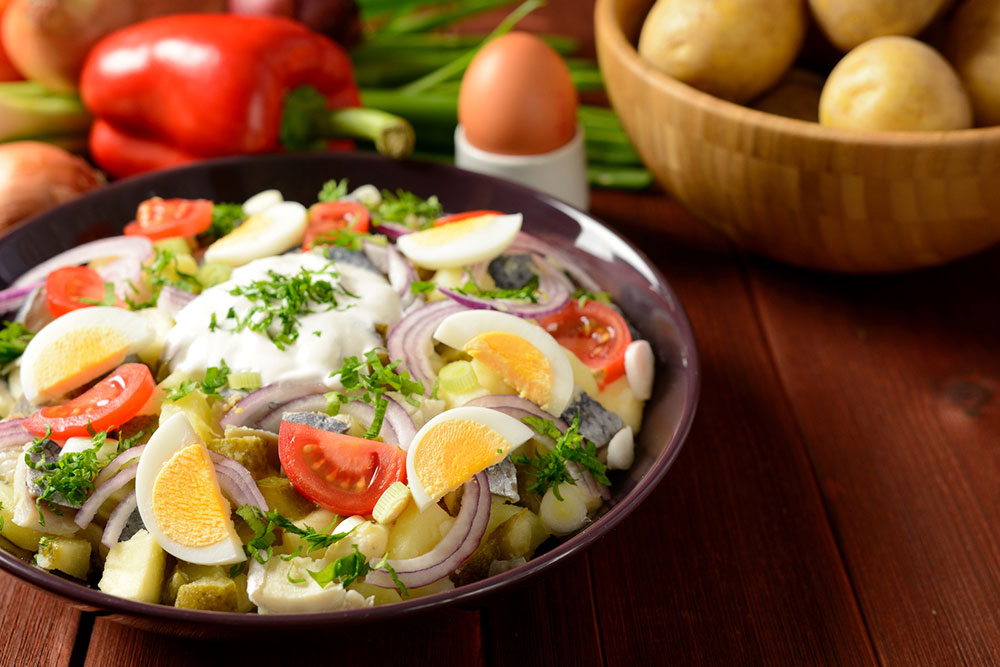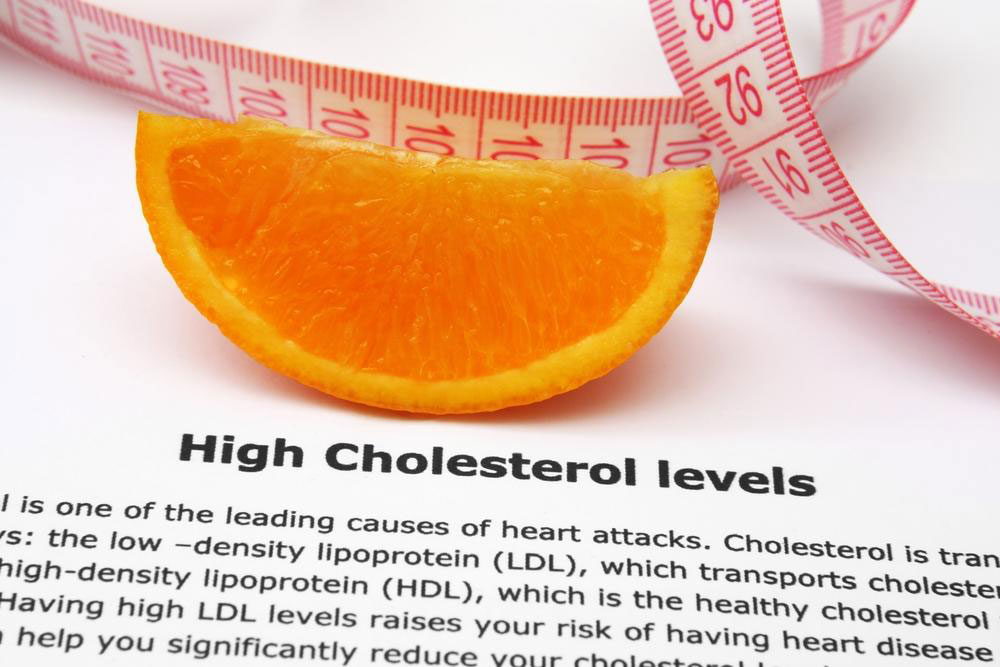Comprehensive Guide to the Top 7 Nutrient-Dense Foods for a Successful Ketogenic Diet
Explore the top 7 nutrient-dense foods that are perfect for a ketogenic diet. This comprehensive guide highlights foods rich in healthy fats, proteins, and essential nutrients, including cheese, avocados, seafood, nuts, berries, eggs, and low-carb vegetables. Learn how to incorporate these foods into your daily meals to support ketosis, improve health, and maintain balanced nutrition. Whether you're new to keto or looking to optimize your diet, this article provides valuable insights for long-term success.

Comprehensive Guide to the Top 7 Nutrient-Dense Foods for a Successful Ketogenic Diet
The ketogenic diet, widely recognized as the keto diet, has gained immense popularity due to its potential benefits in weight management, metabolic health, and overall wellness. This dietary approach emphasizes a high-fat, moderate-protein, and very low-carbohydrate intake, typically restricting carbs to about 20 to 50 grams per day. Such macronutrient distribution prompts the body to enter a metabolic state known as ketosis, whereby fat becomes the primary fuel source instead of carbohydrates. Achieving and maintaining ketosis requires careful planning and selecting nutrient-dense, keto-friendly foods that support overall health while fitting within the low-carb framework.
Since reducing carbohydrate intake can sometimes lead to nutritional gaps, it's essential to incorporate foods that provide essential vitamins, minerals, and other vital nutrients. Focus should be on foods rich in healthy fats, quality proteins, and dietary fiber to ensure balanced nutrition and enhance the benefits of the keto diet. Here, we explore seven highly nutritious foods that are perfect for a ketogenic lifestyle, helping you sustain energy, promote satiety, and support overall health.
Cheese
Cheese is among the most popular keto-compatible foods thanks to its high fat and low carbohydrate content. With hundreds of varieties available, cheese provides a versatile ingredient for various dishes—from savory snacks to cheesy sauces. Not only does cheese provide a rich source of calcium and protein, but recent studies suggest it may also contribute to heart health by promoting beneficial gut bacteria and supporting vascular function. Furthermore, cheese can aid in preserving muscle mass during aging and improve satiety, making it an ideal addition to your keto meal plan. Opt for full-fat cheeses like cheddar, mozzarella, and gouda, and enjoy them as part of your daily intake.
Avocados
Avocados are often dubbed a superfood because of their dense nutrient profile and health-promoting properties. These fruits are loaded with healthy monounsaturated fats, which are beneficial for heart health. A medium-sized avocado contains roughly 2 grams of net carbs and a significant amount of potassium, fiber, and antioxidants. These nutrients support digestion, regulate blood pressure, and improve cholesterol profiles. Incorporating avocado into your keto diet can facilitate a smoother transition into ketosis by providing sustained energy and helping to balance electrolytes. Use avocado slices in salads, spreads, or smoothies to enjoy their creamy texture and health benefits.
Seafood
Seafood is an exceptional protein source for keto dieters, offering minimal carbs and a wealth of essential nutrients. Fish such as salmon, mackerel, and sardines are rich in omega-3 fatty acids, which are known to reduce inflammation, improve cognitive function, and support cardiovascular health. These cold-water fish also supply B vitamins, selenium, and potassium, which are vital for energy production and immune function. Shellfish like shrimp, crab, and clams provide low-carb options packed with zinc, iron, and other minerals. When incorporating seafood, be mindful of preparation methods to avoid carb-heavy breading or sauces. Regular seafood consumption supports overall health and nutrient diversity on a keto diet.
Nuts and Seeds
Adding nuts and seeds to your keto regimen can significantly boost nutrient intake while satisfying snack cravings. They are excellent sources of healthy fats, fiber, vitamins, and minerals, which contribute to reducing the risk of heart disease, certain cancers, and depression. Almonds, walnuts, chia seeds, flaxseeds, and pumpkin seeds all have different nutritional profiles, so choosing a variety ensures a broader spectrum of nutrients. Since nuts and seeds contain varying levels of carbs, portion control is key to staying within your daily carbohydrate limits. Incorporate them into salads, smoothies, or enjoy them as snacks for sustained energy throughout the day.
Berries
Contrary to most fruits that are high in sugars and carbs, berries are relatively low in carbs and high in fiber, antioxidants, and phytochemicals. Fruits like blackberries, raspberries, strawberries, and blueberries are excellent for keto followers aiming to enjoy a sweet treat without disrupting ketosis. The antioxidants found in berries help neutralize free radicals, reduce inflammation, and strengthen the immune system. Their fiber content promotes digestive health and supports blood sugar stability. Incorporate berries into yogurt, salads, or enjoy them fresh as a guilt-free dessert to satisfy sweet cravings responsibly while reaping health benefits.
Eggs
Eggs are a staple for many keto enthusiasts due to their rich nutrient profile and versatility. They are an excellent source of complete protein, healthy fats, and a variety of essential nutrients such as lutein, choline, and antioxidants like zeaxanthin, which support eye health. Eggs can be prepared in numerous ways—boiled, scrambled, poached, or made into omelets—making them a convenient and satisfying meal component. Despite concerns about cholesterol, research indicates that moderate egg consumption does not increase heart disease risk for most people and may even improve HDL cholesterol levels. Eggs are also essential for muscle maintenance, hormone production, and overall metabolic health.
Low-Carb Vegetables
Non-starchy vegetables are crucial for a balanced ketogenic diet, providing essential vitamins, minerals, antioxidants, and fiber with minimal carbs and calories. Vegetables like broccoli, kale, spinach, cauliflower, zucchini, and bell peppers are excellent choices. These colorful, nutrient-dense foods help reduce the risk of chronic diseases, enhance immune function, and serve as substitutes for high-carb ingredients. For example, spiralized zucchini can replace pasta, and cauliflower can be used for rice or mashed potatoes. Incorporating a variety of low-carb vegetables supports digestion, maintains nutrient levels, and adds flavor and texture to your meals while helping you stay within your carb limits.
In summary, adopting a ketogenic diet requires careful selection of nutrient-rich, low-carb foods to optimize health benefits and ensure dietary balance. Incorporating these seven food groups—cheese, avocados, seafood, nuts and seeds, berries, eggs, and low-carb vegetables—can help you achieve nutritional adequacy, promote satiety, and support long-term adherence to the keto lifestyle. Remember, variety is key to avoiding nutritional gaps and making your keto journey sustainable and enjoyable.





